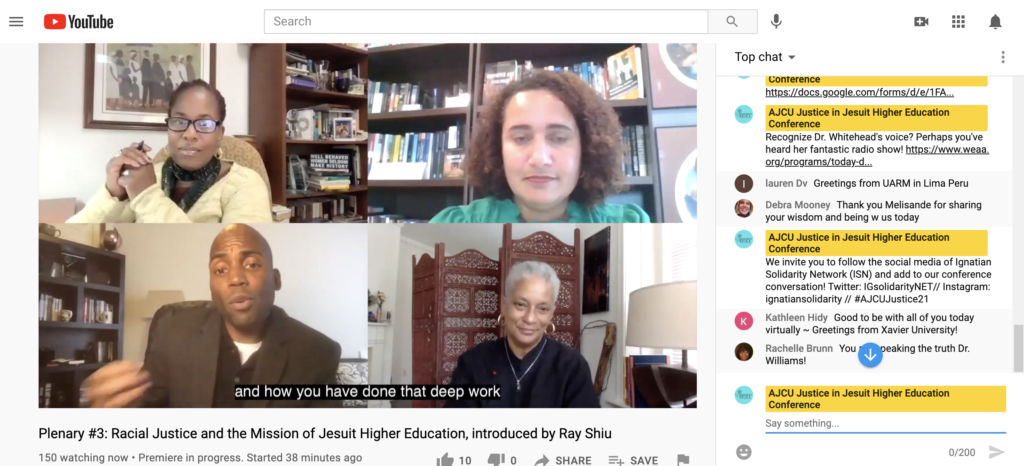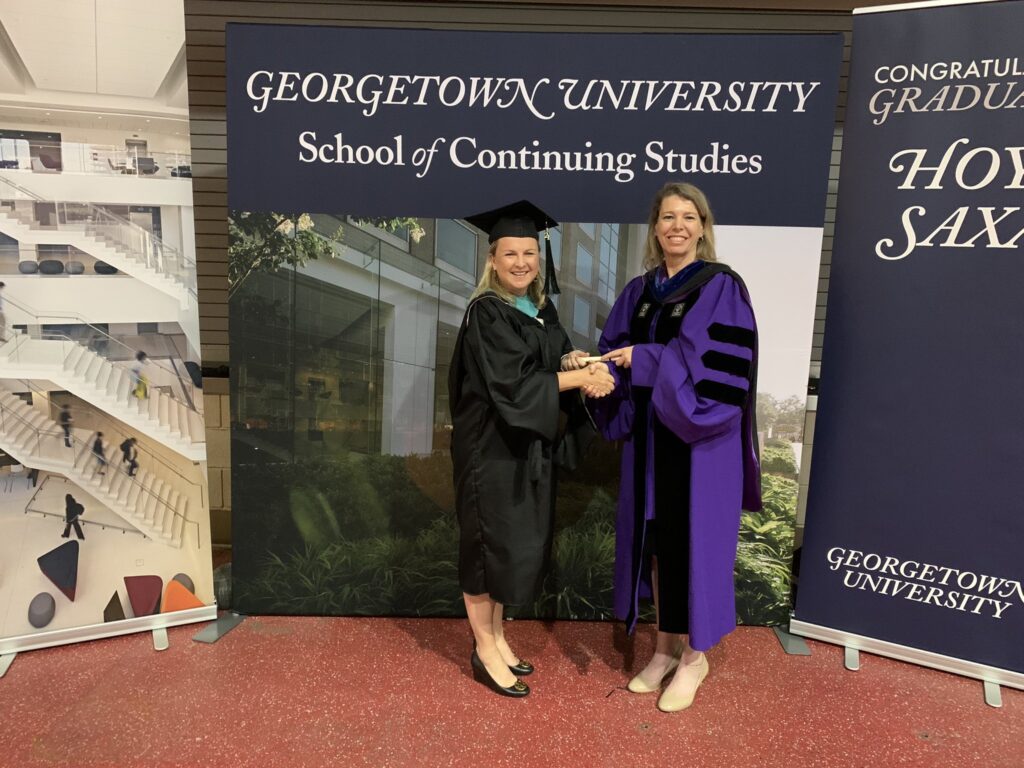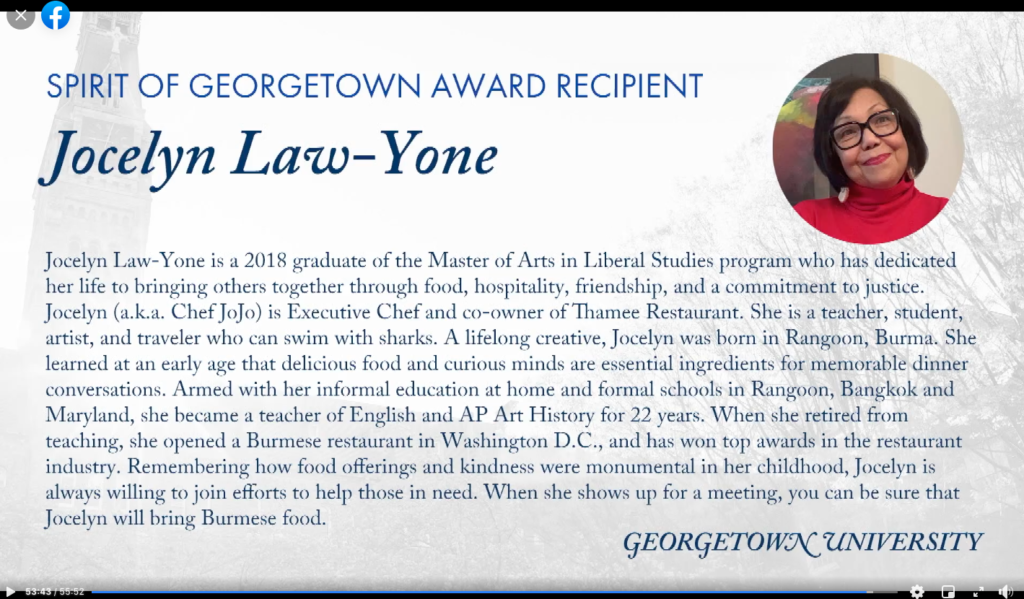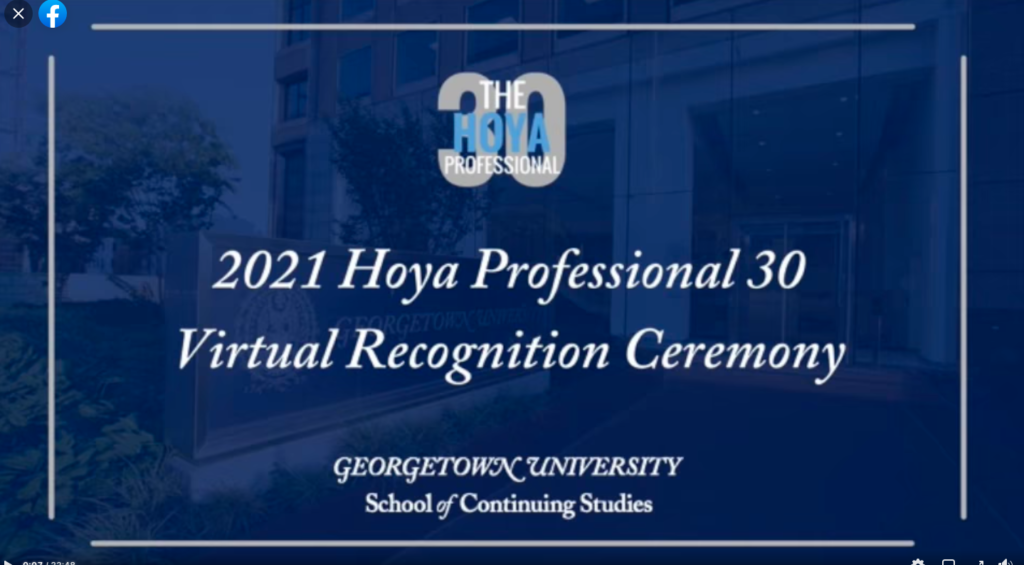Last summer, I offered a suggestion for “spiritual reading” as a way to grow in self-discovery during months of public health restrictions. My intention was to provide some insights about how the act of slow, sacred reading – both literal texts and the texts of our experience (like nature) – can be spiritually rejuvenating in a context that limited travel and social interaction.
In a similar spirit, this summer, as the easing of pandemic limitations continue, I invite you to consider the practice of prayer as an opportunity to grow interiorly. Summertime, typically filled with pockets of rest and relaxation, is an opportune setting to develop healthy interior practices. I am aided in this effort by a new book from popular Jesuit spiritual writer Fr. James Martin, S.J., whose Learning to Pray: A Guide for Everyone presents valuable insights about a concept and a practice that is too often misunderstood.
Given the variance in understanding of this topic, Fr. Martin has to first define the subject matter and articulate the intended audience for his writing. Thankfully, Martin’s conclusions to these points, which are largely steeped in his Catholic understanding as a Jesuit priest and spiritual director, affirm that persons of diverse spiritualities and faith understandings can benefit from his practical, experience-oriented approach to praying. In terms of audience, Fr. Martin has a large community in mind:
“Learning to Pray is written for everyone from the doubter to the devout, from the seeker to the believer. It’s an invitation for people who have never prayed. It’s designed for people who would like to pray, but are worried they’ll do it the wrong way. It’s meant for people who have prayed and haven’t found it [as] satisfying as they had hoped. It’s also aimed at people who might be afraid of prayer (9).”
Martin goes on to say that the book is “meant for people of all faith traditions and none” and uses language purposefully familiar to the general public for this reason. This is an important point because it anticipates skepticism about prayer from people who might be agnostic in their theological beliefs or who might object to the project in the first place because of bad prayer experiences or their own resistance to religious traditions.
Another challenge for the book and for any effort to encourage a practice of prayer is definition. Fr. Martin brings together multiple strands of spiritual history from different thinkers in defining prayer through these common elements:
- A Raising of the Mind and Heart to God
- A Surge of the Heart
- A Sharing Between Friends
- A Long, Loving Look at the Real
- A Personal Relationship
- Conscious Conversation
In this effort at definition, there is a recognition of a multiplicity of approaches and language differences, but Fr. Martin emphasizes that what matters more than precise language is the actual, personal experience during prayer: “As with love, learning to practice it is more important than knowing the right definition.” The book goes on to describe in accessible details various ways of praying, including the examen, the well-known Jesuit practice of prayer offered each Friday at 12:00 p.m. ET as part of the SCS Digital Daily Meditations (sign up here).
The book offers a wealth of helpful suggestions about developing a regular prayer habit. Along the way, Fr. Martin relies on his own experience as a spiritual director to point out some of the more common misgivings, challenges, and misunderstandings about how to pray that he has heard from persons attempting to pray. As a spiritual director, I identified with several of these points, including a confusion about what is supposed to “happen” in prayer and the common reason that people do not pray because they “consider prayer something reserved for holy people, not them.” If you find yourself in these categories and do not believe that a practice of prayer is worth considering, you might find consolation in Fr. Martin’s point that “God’s love does not rely on us and what we do.”
As we continue to move through summer and transition into more and more “regular” social activities, I encourage you to take a look at this book. In addition to specific spirituality programs offered at SCS, like daily meditation and regular retreats, Georgetown’s Campus Ministry programs a diverse range of activities intended to foster a deeper life of personal and communal prayer. If you are a member of the SCS community and would like to explore your life of prayer, please reach out to me, Jamie Kralovec, SCS Associate Director for Mission Integration, at pjk34@georgetown.edu.
For more on Fr. James Martin, S.J., please check out his Facebook and Twitter pages. Some of Fr. Martin’s recent events at Georgetown might be of interest, including: “Writing As Spiritual Practice” and “Building a Bridge: Welcoming the LGBT Catholic with Justice.”










